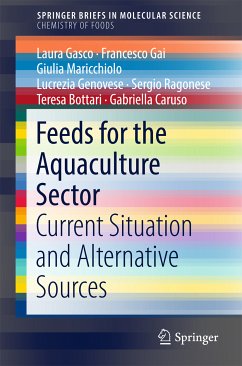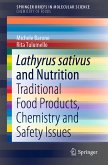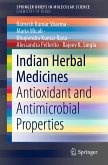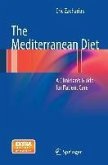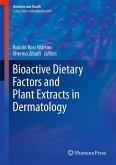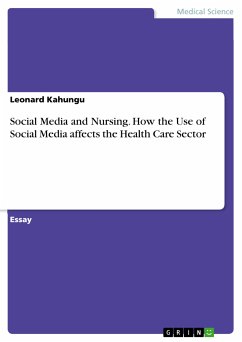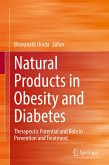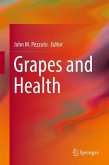This Brief discusses potential alternative sources for feeds in aquaculture fish diet, and explains that the future of aquaculture's development is dependent on the costs of fishmeal and fish oil. Considering that the increasing costs of traditional feeds constrain this development, research is looking into alternatives, which can ensure adequate nutrition for animals' growth.
This work reviews the use of alternative plant, microbial and insect protein sources, evaluating in particular their impact on growth, nutrient digestibility, fillet quality traits and sensorial perception in the most important farmed marine and freshwater fish species. The Brief specifically summarizes the pros and cons of plant oils from oilseeds, which can on the one hand be a sustainable substitute for fish oil, but which are on the other hand less rich in omega-3 long-chain polyunsaturated fatty acids. The feeding might therefore result in an undesired reduced nutritional value of the flesh of farmed fish.The authors also explore the possible use of fishery discards as potential aquaculture feed source. Since the landing of by-catch will with the new Common Fisheries Policy (CFP) become obligatory (instead of simply returning it to the sea, often dead), suitable uses of what must not be used for human consumption can be investigated. The authors give an outlook whether this might become a sensible alternative to improve the management of discards and create more sustainable fisheries.
The Brief also addresses the issues of additives to aquafeeds, such as vitamins, minerals, and antioxidants, but also immunostimulants and enzymes. The authors discuss which effects these additives may have on fish growth, welfare, reproduction and health status in aquacultures.
This work reviews the use of alternative plant, microbial and insect protein sources, evaluating in particular their impact on growth, nutrient digestibility, fillet quality traits and sensorial perception in the most important farmed marine and freshwater fish species. The Brief specifically summarizes the pros and cons of plant oils from oilseeds, which can on the one hand be a sustainable substitute for fish oil, but which are on the other hand less rich in omega-3 long-chain polyunsaturated fatty acids. The feeding might therefore result in an undesired reduced nutritional value of the flesh of farmed fish.The authors also explore the possible use of fishery discards as potential aquaculture feed source. Since the landing of by-catch will with the new Common Fisheries Policy (CFP) become obligatory (instead of simply returning it to the sea, often dead), suitable uses of what must not be used for human consumption can be investigated. The authors give an outlook whether this might become a sensible alternative to improve the management of discards and create more sustainable fisheries.
The Brief also addresses the issues of additives to aquafeeds, such as vitamins, minerals, and antioxidants, but also immunostimulants and enzymes. The authors discuss which effects these additives may have on fish growth, welfare, reproduction and health status in aquacultures.
Dieser Download kann aus rechtlichen Gründen nur mit Rechnungsadresse in A, B, BG, CY, CZ, D, DK, EW, E, FIN, F, GR, HR, H, IRL, I, LT, L, LR, M, NL, PL, P, R, S, SLO, SK ausgeliefert werden.

